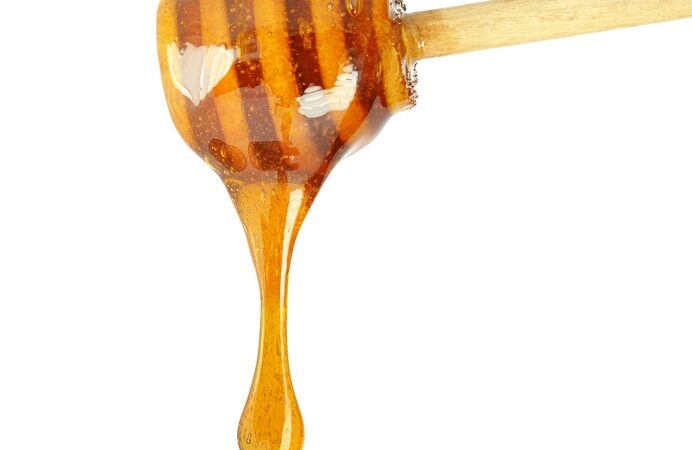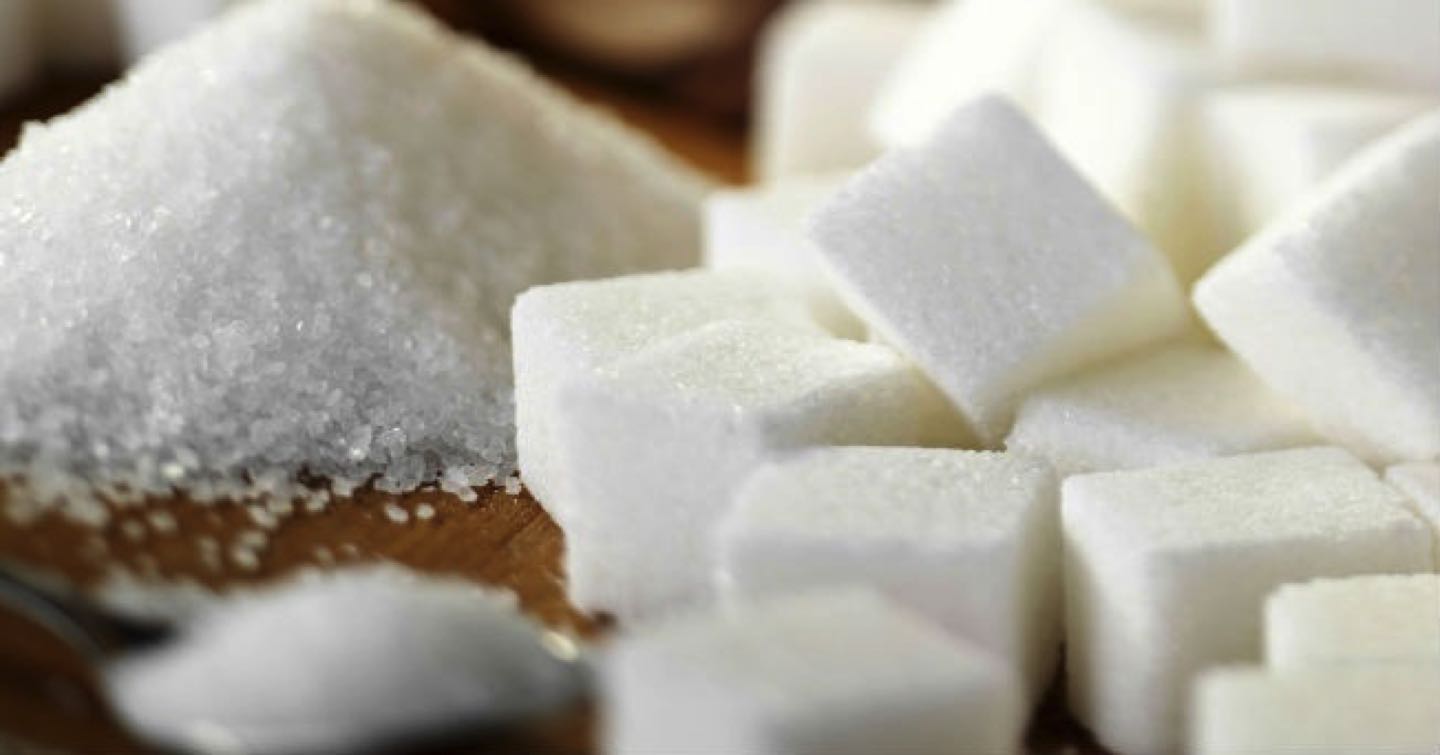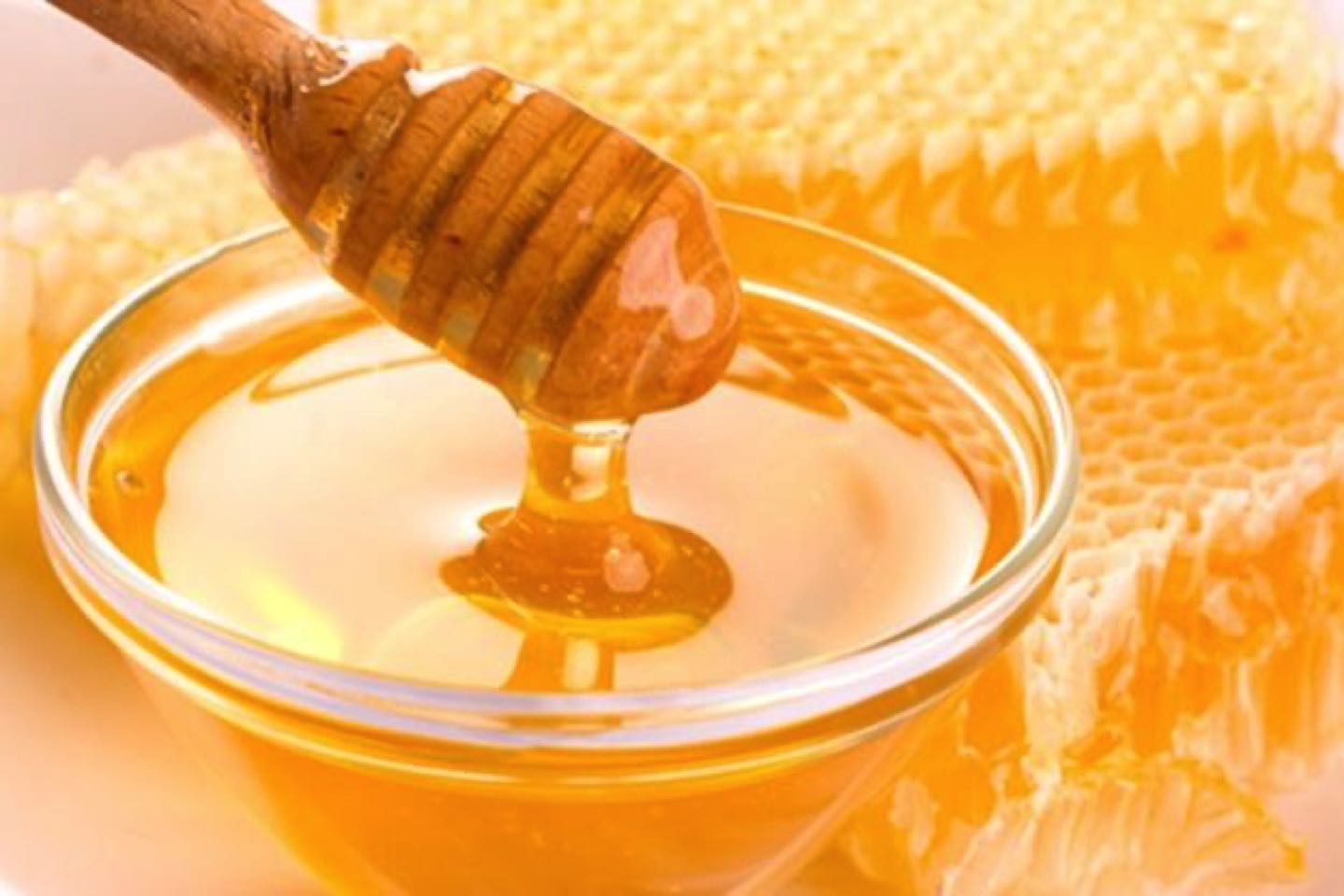Subscribe to our newsletter
Receive news and benefits on health and wellness.

SHA Magazine SHA Magazine
We know that sugar is not good for our health but… How can we replace it? What is the best way to sweeten foods and desserts without using sugar? Is it true that saccharin is injurious to health? What are the healthiest sweeteners according to nutrition experts? Today we seek to provide answers to all these questions related to sugar.

Saccharin is the oldest artificial sweetener that exists and is widespread because it is calorie-free, (saccharin has no calories) and, although there was a time when it was noted that saccharin could cause cancer, is not proven to be harmful for the health. However, saccharin is an artificial product (E954) made from chemicals so it would be more advisable to use natural and organic products such as rice syrup or maple.
Natural sweeteners are sweet foods taken directly from nature, without chemical additives or preservatives of any kind and without being refined like sugar, so they are often used as food sugar substitutes.
Among the most common natural sweeteners we have honey, rice syrup, agave syrup, barley syrup and maple syrup. Our healthy nutrition guidelines recommend using syrups and molasses, especially rice syrup to sweeten both infusions and recipes like sweet desserts, cakes, natural pastries, etc.
From a nutritional point of view it is important to use natural sweeteners or sugar substitutes that do not have a high Glycemic Index to avoid rapid increases in glucose (and corresponding decreases). Generally, we want to use products with a low glycemic index to help maintain glucose levels (blood sugar amount) stable and provide an energy line, no peaks or low blood sugar.
The glycemic index of a food indicates how quickly a carbohydrate raises the blood glucose level.
The higher the glycemic index is, the faster blood sugar rises and has a subsequent fall, making back to crave sweet and producing sugar peaks that are not advisable for our health.
The glycemic index is usually classified in:
Honey has a high glycemic index, which varies depending on the type of honey, but is usually between 70 and 80, while the rice syrup usually has a glycemic index of around 20 and agave syrup has a glycemic index around 19. For this reason, we can say that natural molasses and syrups are healthier than honey. The amount of calories in a food is not as important as its glycemic index.

Moreover, from the energy point of view, honey has a very yin energy (expansive) that promotes mental scattering and cooling of our body, while rice syrup has a much more stable energy.
Therefore, when we have a cold or flu it is best to use honey as a home remedy to soothe the throat, but we would not recommend its use routinely to sweeten our tea or prepare desserts.
*Article writen by Isabel Moreno, expert in nutrition and natural therapies at SHA Wellness Clinic. 
Related posts:
Receive news and benefits on health and wellness.
